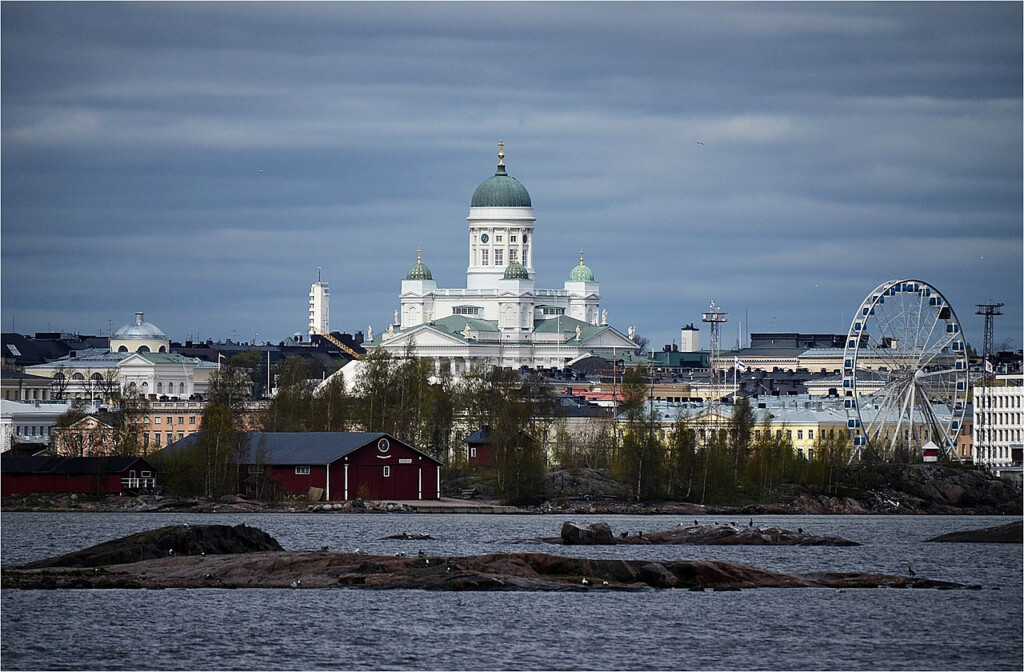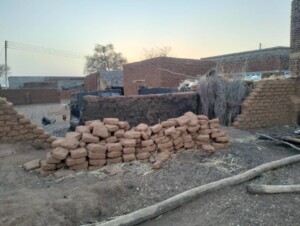‘Sudanese unified in need to end war’

Helsinki, capital of Finland (File photo Wikimedia CC BY-SA 4.0)
Sudanese civil and political actors, who held a series of meetings in the Finnish capital Helsinki that concluded on Friday, say that “there is a general sense of unity among Sudanese particularly in terms of the need for a cessation of hostilities, delivery of humanitarian aid, protection of civilians and establishment of a credible inclusive political process”.
The participants belong to a spectrum civil and political organisations but emphasise that they attended ‘in their personal capacities’. Five participants agreed on a seven-point appeal stating that an immediate ceasefire must coincide with a comprehensive political process to address the current crisis. Emphasising that this political process takes into account justice and accountability as basic principles.
According to the appeal, a copy of which was obtained by Radio Dabanga, the participants agreed to coordinate efforts to resolve the conflict well under one umbrella, with a clear division of responsibilities. The appeal pointed out the need for preparations for a ceasefire monitoring mechanism and methods for its implementation with full civilian participation. He stressed the urgent need to mobilise adequate support for all human rights monitoring and investigation mechanisms. The appeal called on the international community to take effective measures to protect civilians and stop the flow of weapons to Sudan.
Member of the Darfur Bar Association and human rights lawyer Saleh Mahmoud, one of the participants in the meeting, told Radio Dabanga that the number of attendees ranged from 20 to 25. The Helsinki meeting was considered an extension of meetings in Montreux near Geneva in Switzerland, which was organised by the Promotion Organisation, noting that the issues discussed were divided into agreed upon issues, disputed issues, and outstanding issues. He pointed out that the meetings indicated that there are issues that should be discussed after the war stops, noting that a number of countries sponsored the workshops, including Switzerland, France, Germany, Finland, and the European Union.
The appeal indicated that there is a general feeling of unity among the Sudanese, especially with regard to the need to stop hostilities, deliver humanitarian aid, protect civilians, and establish a comprehensive and credible political process.
The appeal stressed the need to recognise the achievements made at the Paris meeting in terms of the pledge to provide humanitarian aid, noting that there is a need for humanitarian aid to arrive quickly and without obstacles in Sudan to provide vital services, including supporting farmers to save the agricultural season, given the looming famine. He also called for integrating emergency rooms into structures for delivering aid. Mahmoud told Radio Dabanga that the facilitators of the meetings acknowledged that past efforts to address stopping the war or the humanitarian situation had not yielded results. He considered the meetings as a review and correction of positions by listening to Sudanese voices, pointing to the agreement not to condition the delivery of aid on stopping the war.











 and then
and then